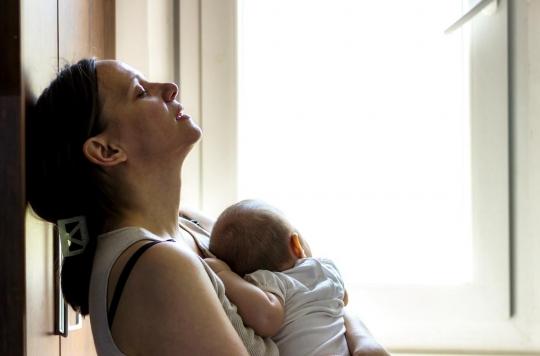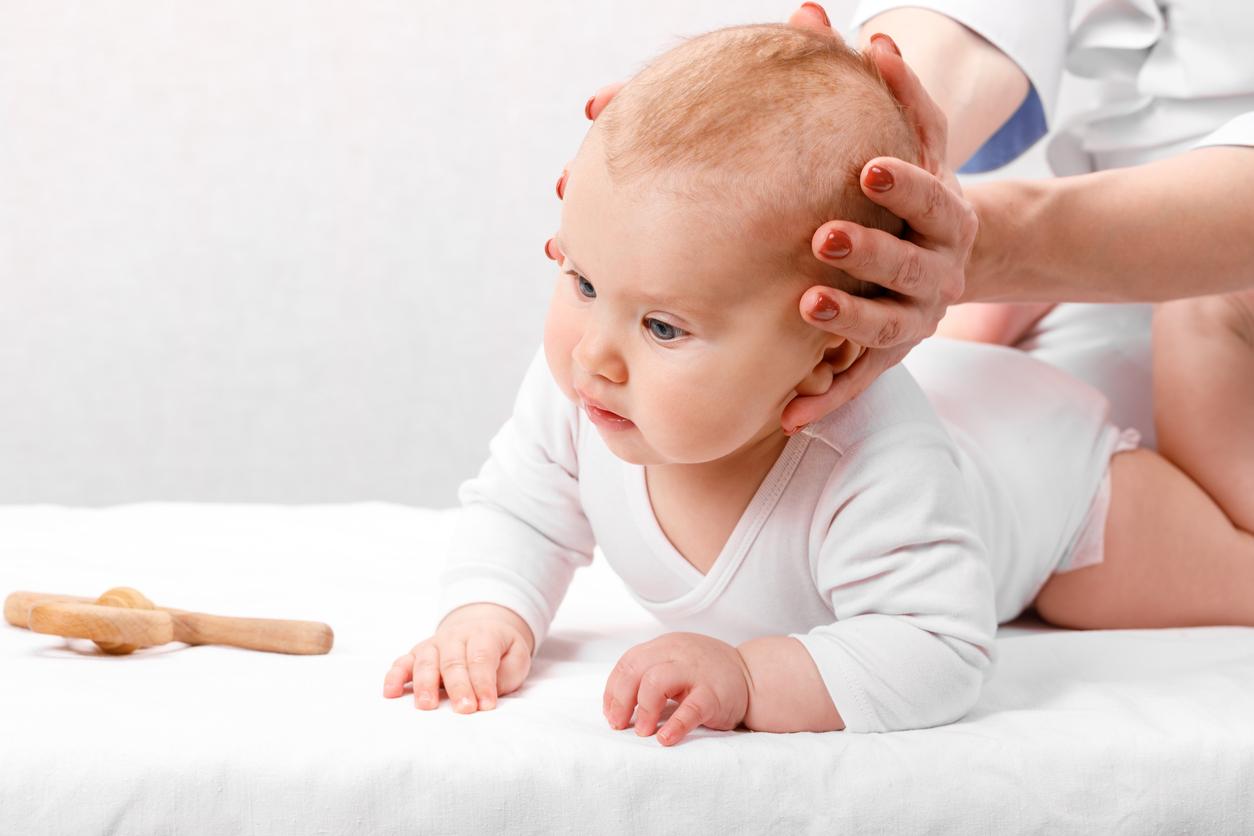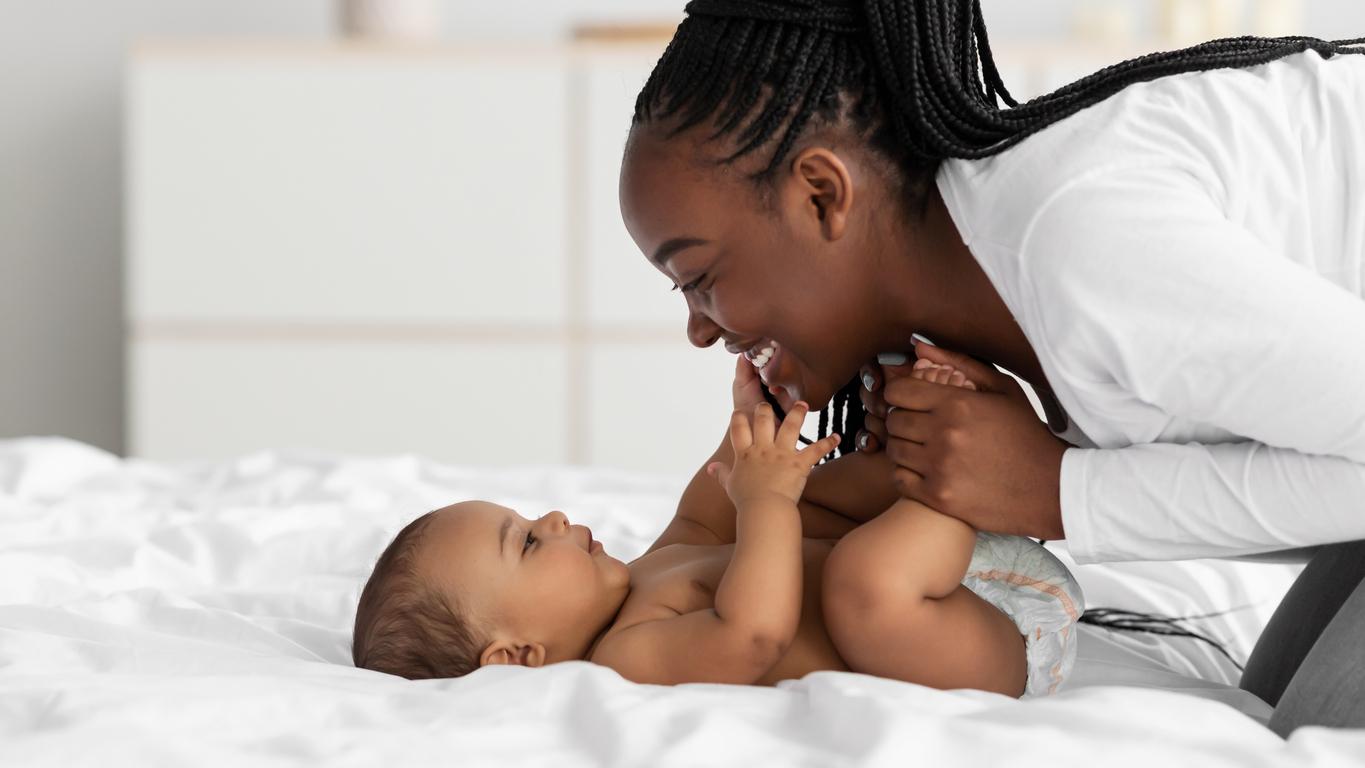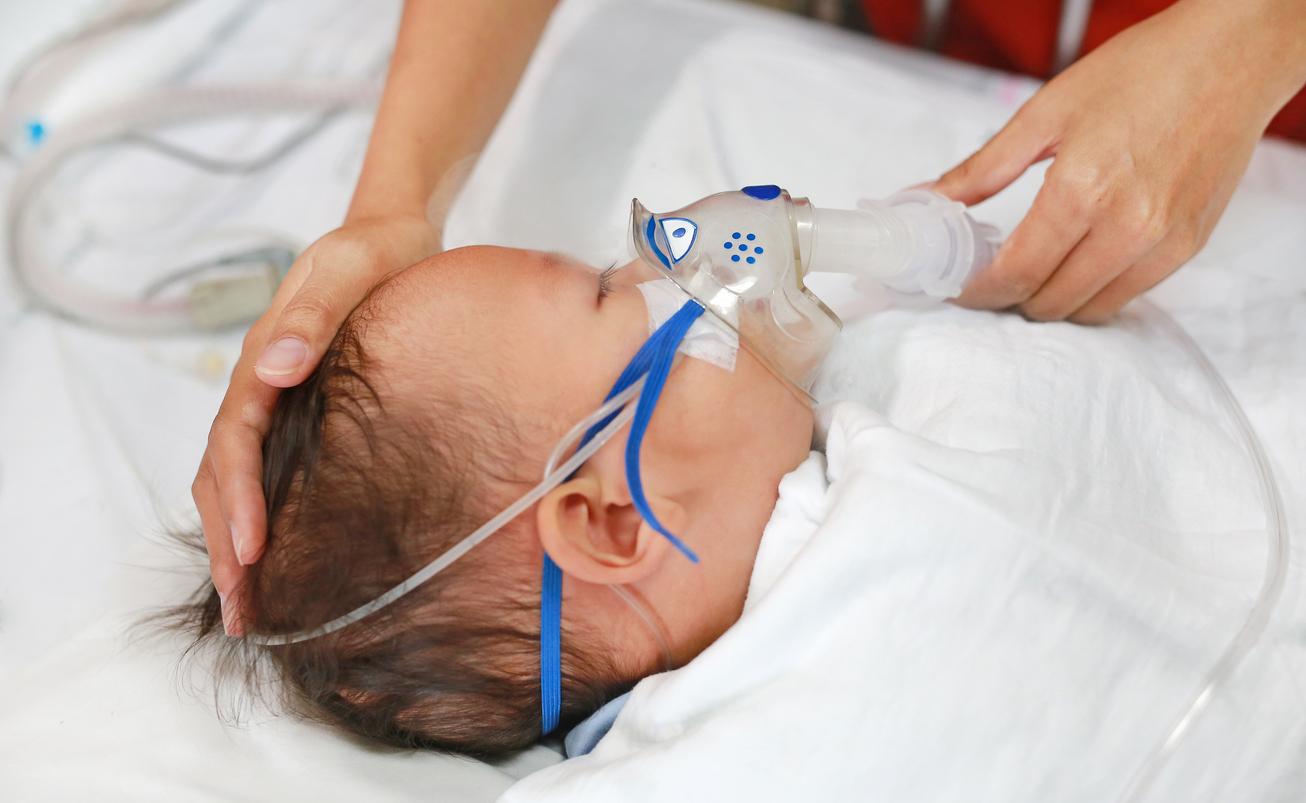Early maternal contact has effects on social brain functioning years later, including the ability to empathize.

- The brains of the mother and her infant synchronize during the first cuddles.
- For premature infants who have not been able to receive contact during the first weeks of life, nothing is lost: the brain is resilient.
Show your baby your love and you will grow into a kinder, gentler adult. Israeli researchers followed for more than 20 years, from their birth to today, a hundred individuals to study the effects of the time spent in physical contact with their mother at the beginning of life. The latest results, presented on April 6 in the journal PNASreveal that maternal contact right after birth has measurable effects on social brain functioning decades later, including the ability to empathize.
A better harmony
“Closeness to the mother’s body has allowed mother and infants to be more in harmony, more in tune with each other throughout the twenty years of their development.found Ruth Feldman, professor of developmental social neuroscience and lead author of the study. This synchronization in turn sensitized the brain to be more able to empathize with the emotions of others..”
In the study, three categories of infants were analyzed: babies born at term, in good health and who could easily have contact with their mother; premature babies who were incubated and could not have physical contact with their mother for at least two weeks; more stable premature babies whose mothers have agreed to keep them, skin to skin, for at least one hour a day for at least 14 consecutive days. “This third group of babies would have had limited physical contact with their mother during the study but their mother’s warmth replaced the incubator during those hours.detailed Ruth Feldman. We believed that being close to the mother’s body would benefit children for various reasons, such as attachment or self-regulation..”
Amygdala and insula involved
During the two decades of follow-up, the researchers spoke regularly with the children and their families. They assessed their interactions and “mother-child social synchrony”. “Over time, interactions have become more positive and a bond has developed.”, noted the researcher. In early adulthood, they assessed children’s brains. “We were looking for the brain’s ability to empathize with the feelings of others, from sadness and distress to joy.”, unveiled Ruth Feldman.
The researchers observed that the areas of the brain specifically sensitized were the amygdala and the insula, respectively the center of unconscious identification of emotions and the area where one integrates the signals of one’s own body with the signals of the body. emotional state of another person. “These two areas have been sensitized through lifelong synchronization to function better, to be better able to empathize with others.”, says the professor of neuroscience.
Our brain is resilient
For researchers, the first years of life are the most important. “Parents become more sensitive to their baby’s cues when they are in regular direct contact, even if it’s not skin-to-skinadvances Dr. Michael Yogman, pediatrician at Cambridge Health Alliance in Massachusetts, quoted in the study. This begins to synchronize the biorhythms, circadian rhythms, hormonal variations and changes in the brain that the study documents.”
For premature infants who have not been able to receive contact during the first weeks of life, nothing is lost. “When they returned home to loving and nurturing parents, they still developed feelings of empathyobserved Michael Yogman. Our brain is resilient, all is not lost, but this study shows that the presence of parents in the first years of life is essential.”
Fathers are not left out
This study focuses exclusively on the relationship between the child and his mother, but the researchers report that the impact of the father can be quite similar. “When fathers are engaged in infant care, there are pathways that would make fathers equally beneficial to the baby.continues Ruth Feldman. I guess any loving and stable relationship in the child’s life is important. I also think that parents will probably be more beneficial than grandparents for the development of the baby but grandparents could be very useful.”
.

















